Jodhpur, September 20, 2025: The Centre for Policy Design (CPD) at the Ashoka Trust for Research in Ecology and the Environment (ATREE), in collaboration with the Indian Council of Forestry Research and Education’s Arid Forest Research Institute (ICFRE-AFRI), convened a state-level consultation in Jodhpur to chart a roadmap for the sustainable management of Rajasthan’s Open Natural Ecosystems (ONEs).
The meeting brought together senior representatives from ICFRE, ICAR-Central Arid Zone Research Institute (CAZRI), Rajasthan Forest Department, Botanical Survey of India, as well as grassroots organizations including the Desert Resource Centre, Camel Charisma, Foundation for Ecological Security, Bombay Natural History Society, and members of the “Oran Bachao” movement.
At the consultation, CPD-ATREE released a policy brief titled “Sands and Grasses of ‘Gold’: Valuing Rajasthan’s Open Natural Ecosystems for People, Climate and Biodiversity.” The brief highlights the ecological and economic value of deserts and grasslands, which cover nearly 34% of the state but remain under-acknowledged in policy frameworks.
Chief Guest Dr. Suman Vyas, Director of CAZRI, said in his keynote address that the Thar Desert should be seen as a progressive ecosystem. “The damage caused to open ecosystems by economic activities can be mitigated only through the conservation and proper development of livestock, pastures, and Oran-Gauchar areas,” he noted.
Dr. Ashutosh Kumar Tripathi, Director of AFRI, said, “Through everyone’s cooperation, dialogue, and responsibility in this workshop, the path for the sustainable development of open ecosystems will be paved.”
Emphasizing the significance of these landscapes, Dr. Abi Tamin Vanak, Director, Centre for Policy Design, ATREE, said, “Rajasthan’s open natural ecosystems are vibrant and crucial for livelihoods. Through integrated efforts for biodiversity and livelihood conservation as well as capacity building, it is possible to mitigate the adverse impacts of climate change.”
Dr. Tarun Kant, Scientist-G and Program Coordinator, added, “Through this workshop, the desired goals for open ecosystems can be achieved through the collective efforts of various institutions and organizations.”
Experts and community representatives stressed the need for cross-sectoral coordination between state and central agencies, inclusion of ONEs in official land-use records, and a comprehensive roadmap for conservation. The recommendations are expected to contribute to sustainable land use in Rajasthan and support India’s broader commitments to climate resilience and biodiversity under Viksit Bharat.




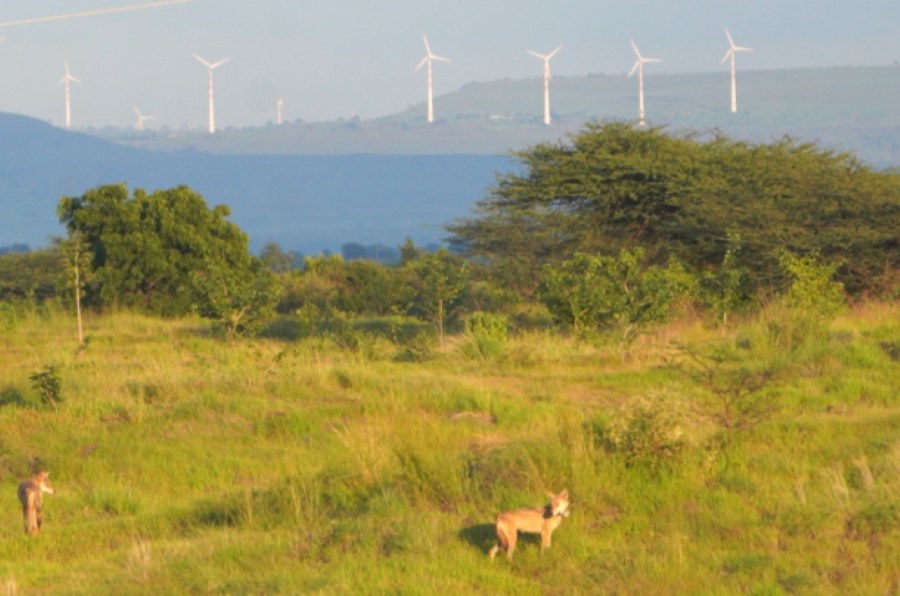
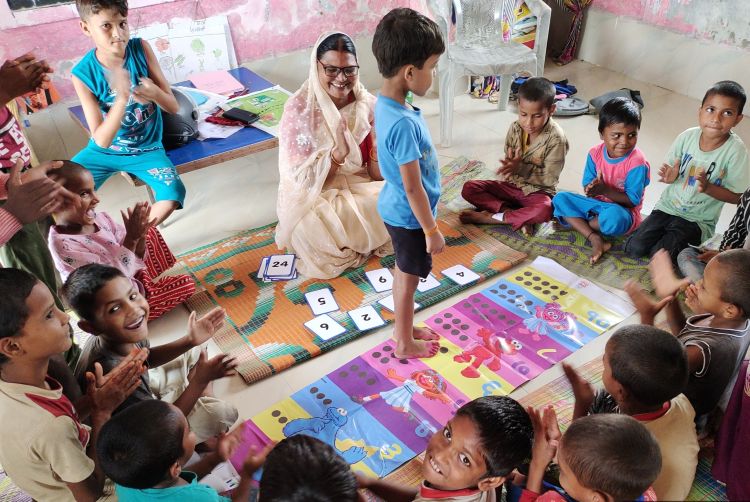

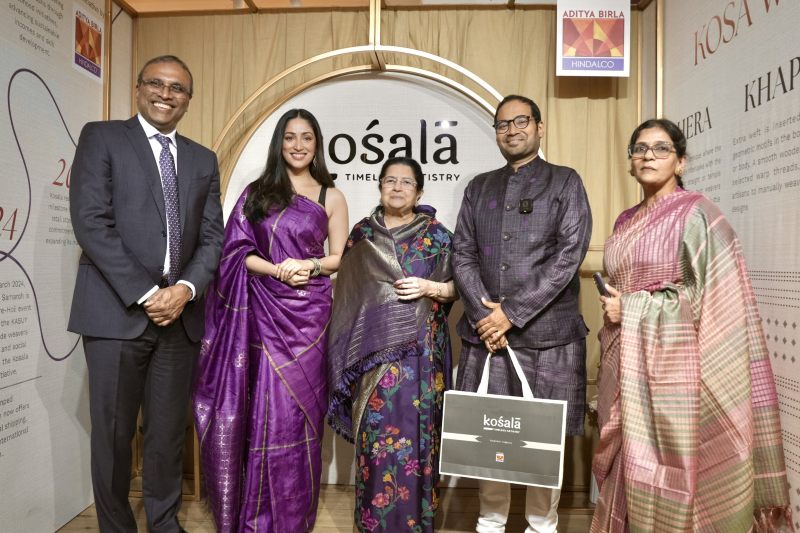
.jpg)
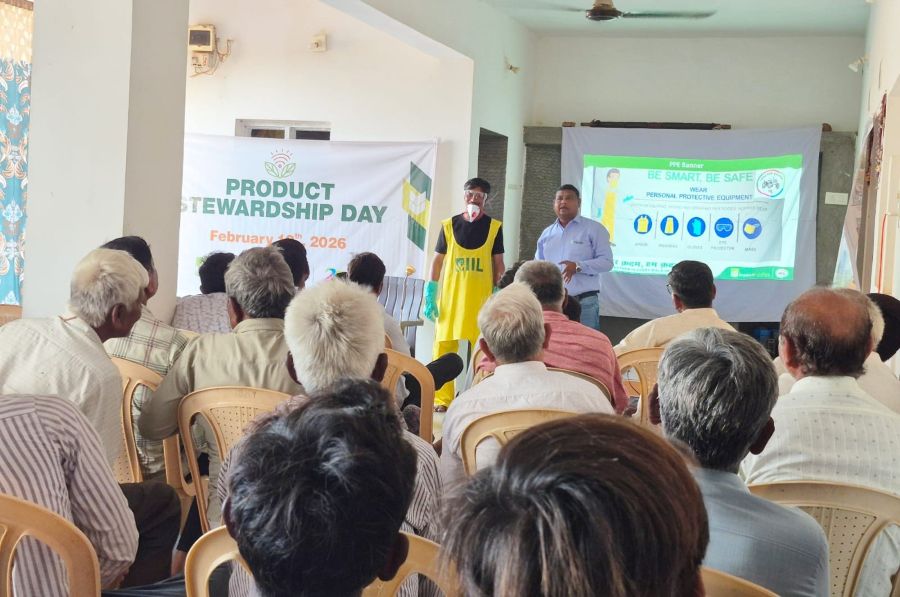

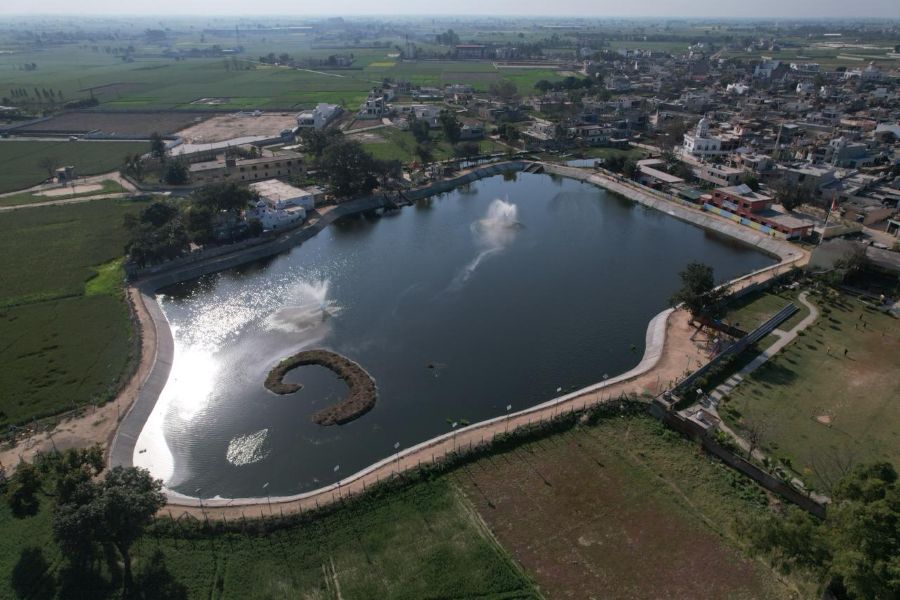



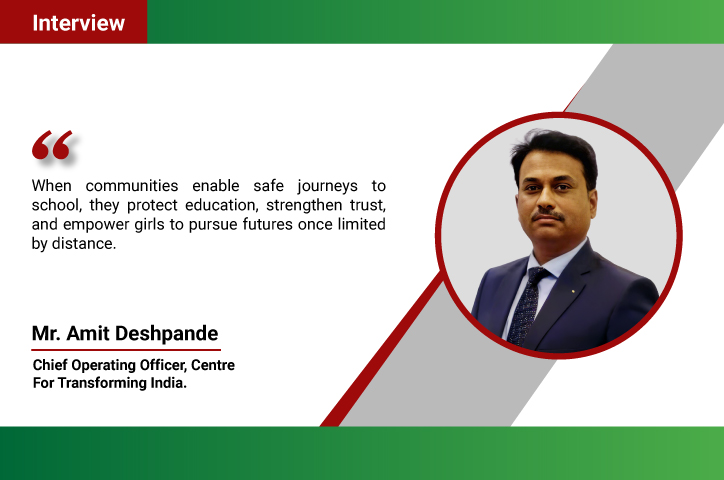



.jpg)



